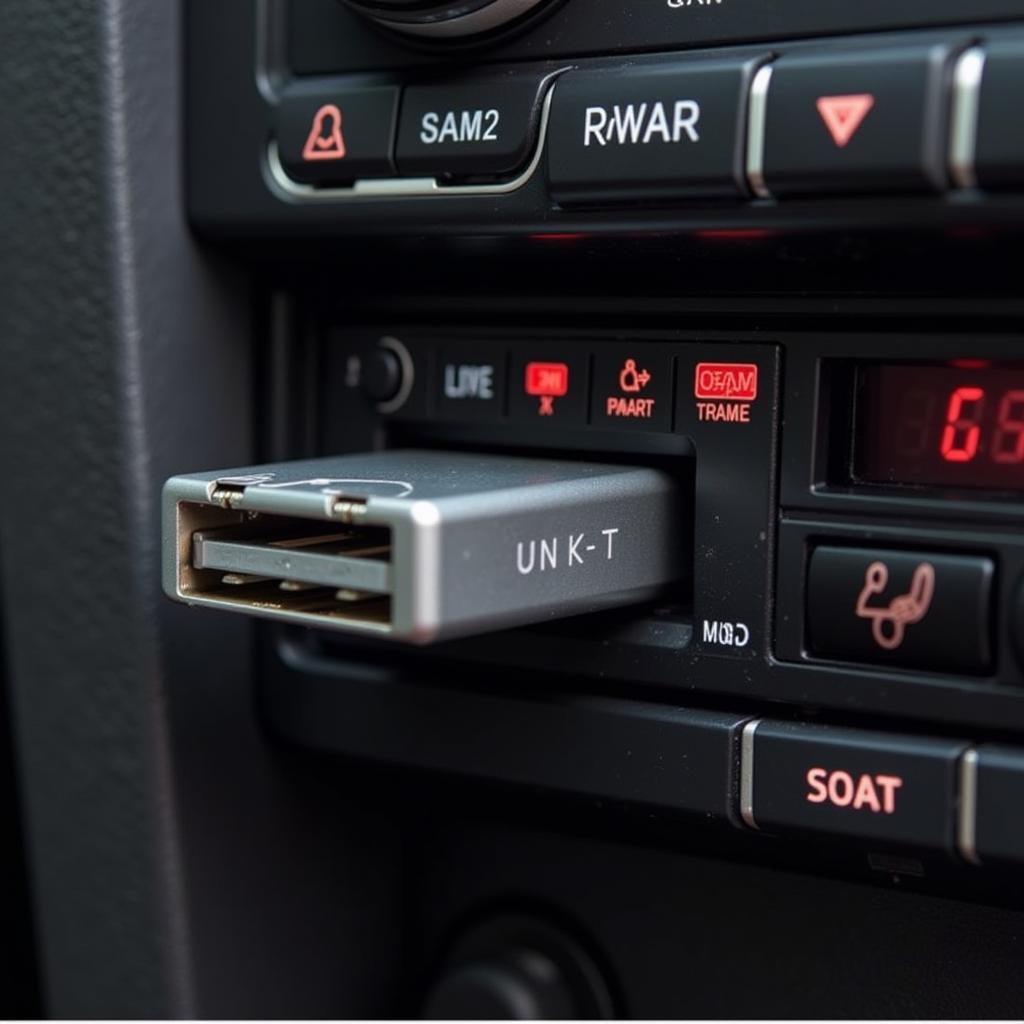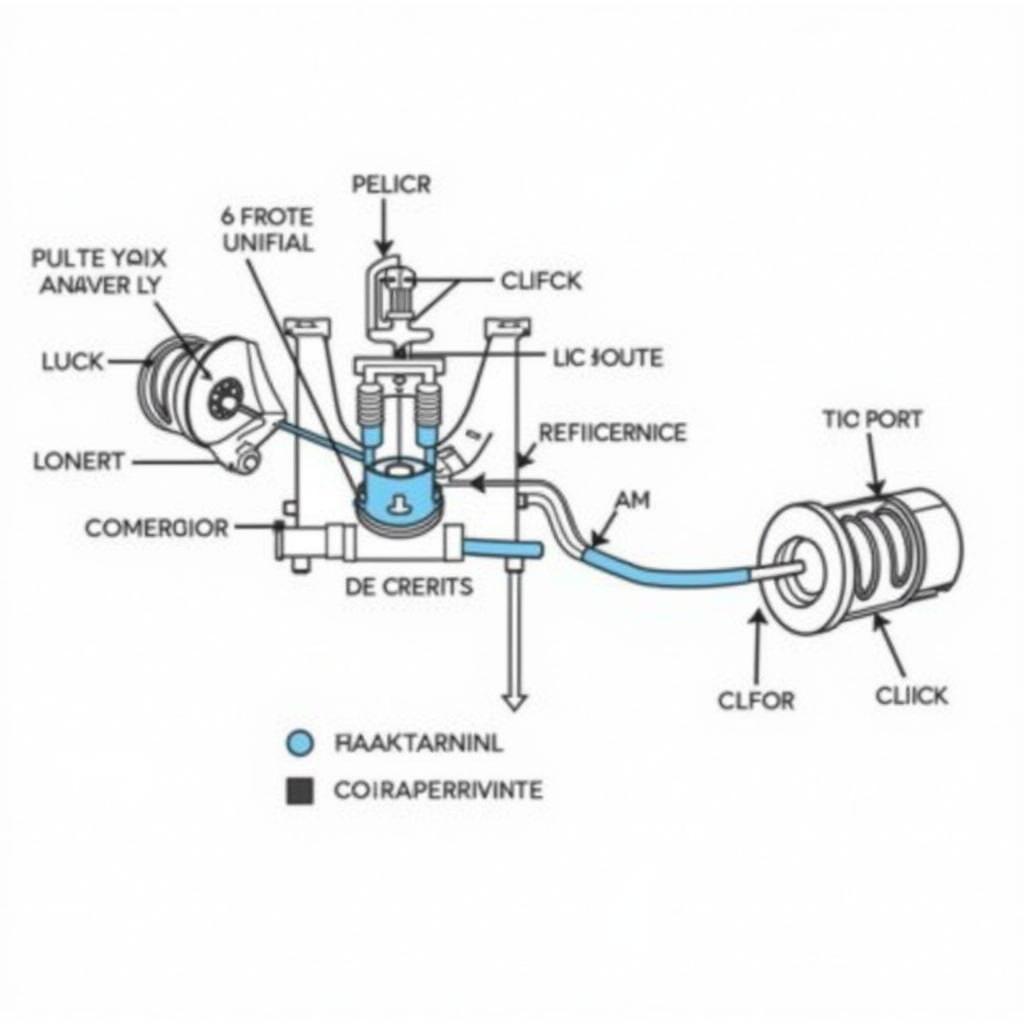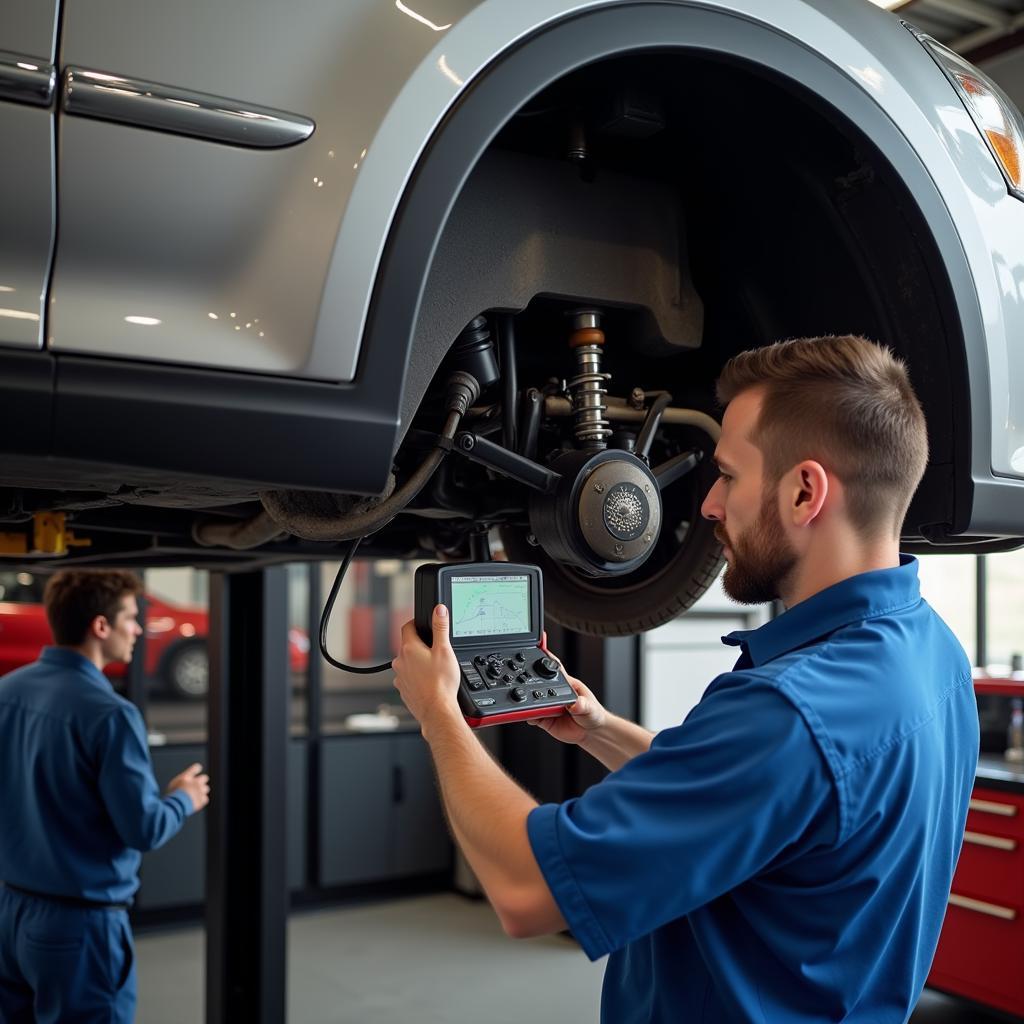Dirty fuel is a common culprit behind various car troubles, from poor performance to complete breakdowns. If you suspect your car’s suffering from contaminated fuel, this guide will walk you through identifying the problem, fixing it, and preventing future occurrences.
Dealing with dirty fuel can be a real hassle, especially if you’re not sure where to start. It can manifest in several ways, including reduced fuel efficiency, rough idling, stalling, and difficulty starting. But don’t worry, there are solutions. We’ll cover everything from DIY fixes to professional interventions. Let’s dive in and get your car back on the road! You might be surprised how a simple fix can save you from costly repairs down the line. Just like when you fix scratch car, addressing the issue promptly can prevent further damage.
Understanding Dirty Fuel and Its Effects
What exactly is “dirty” fuel? It’s fuel contaminated with debris, rust, water, or other unwanted substances. These contaminants can wreak havoc on your engine, clogging fuel filters, injectors, and even damaging internal components.
Signs Your Car Has Dirty Fuel
- Engine sputtering or misfiring: A telltale sign of fuel contamination is the engine sputtering, especially under acceleration.
- Reduced fuel economy: Are you filling up more frequently than usual? Dirty fuel can disrupt the combustion process, leading to poor fuel mileage.
- Difficulty starting: Contaminated fuel can struggle to ignite, resulting in starting problems.
- Rough idling: A rough or uneven idle can also indicate fuel system issues, including dirty fuel.
- Check engine light: While the check engine light can illuminate for various reasons, dirty fuel is a potential culprit.
How to Fix Dirty Fuel: DIY and Professional Solutions
Now that you know the signs, let’s explore the solutions. Depending on the severity of the contamination, you can choose a DIY approach or seek professional help. Just as you would consider professional help for fix glass on car, sometimes expert assistance is the best course of action.
DIY Fuel System Cleaning
- Add a fuel system cleaner: Many reputable fuel additives can help dissolve and remove some contaminants. Follow the product instructions carefully.
- Drain the fuel tank: For more severe cases, draining the tank might be necessary. This requires some mechanical know-how and appropriate safety precautions.
- Replace the fuel filter: A new fuel filter is crucial after cleaning the fuel system. This inexpensive component traps contaminants and protects your engine.
When to Call a Mechanic
If DIY methods don’t solve the issue, it’s time to consult a professional. They have the tools and expertise to diagnose and fix more complex problems, such as clogged fuel injectors or damaged fuel pumps. Sometimes, even seemingly simple fixes like fixing a car 12 v socket cost can benefit from a professional’s touch.
“Regular maintenance is key,” advises John Smith, ASE Certified Master Technician. “Addressing fuel system issues promptly can save you from costly repairs down the road.”
Preventing Dirty Fuel: Proactive Measures
Prevention is always better than cure. Here are some simple steps to keep your fuel system clean:
- Choose reputable gas stations: Opt for well-known gas stations that are less likely to have contaminated fuel.
- Keep your fuel tank at least half full: This minimizes condensation and rust formation inside the tank.
- Use a fuel stabilizer: If you store your car for extended periods, a fuel stabilizer can prevent fuel degradation.
- Regularly inspect and replace your fuel filter: Follow your car’s maintenance schedule for fuel filter replacements. Similar to how you maintain your car’s exterior with tasks like how to fix faded black plastic on cars, regular attention to the fuel system is crucial.
“Contaminated fuel can be a silent killer for your engine,” warns Jane Doe, Automotive Engineer at a leading car manufacturer. “Proactive maintenance can significantly extend the life of your fuel system.”
Conclusion
Dealing with dirty fuel can be frustrating, but by understanding the causes, symptoms, and solutions, you can keep your car running smoothly. Whether you opt for DIY methods or professional assistance, addressing the issue promptly is essential. Remember, preventative maintenance is the best way to avoid future problems with dirty fuel.
Need help with your car? Connect with AutoTipPro for expert advice and assistance. Contact us at +1 (641) 206-8880 or visit our office at 500 N St Mary’s St, San Antonio, TX 78205, United States. We are here to help!
FAQ
- How often should I replace my fuel filter? Consult your car’s owner’s manual for recommended replacement intervals.
- Can dirty fuel damage my engine? Yes, contaminated fuel can clog injectors, damage the fuel pump, and even cause internal engine damage.
- Are all fuel additives effective? Not all fuel additives are created equal. Choose reputable brands and follow product instructions carefully.
- How can I tell if my gas station has contaminated fuel? Choosing well-established gas stations is generally a safer bet.
- What should I do if my car stalls due to dirty fuel? Try adding a fuel system cleaner, but if the problem persists, consult a mechanic.
- Can water in my fuel tank cause problems? Yes, water can corrode fuel system components and disrupt combustion.
- Is it safe to drain my fuel tank myself? Draining a fuel tank requires safety precautions. If you’re unsure, seek professional help.







Leave a Reply